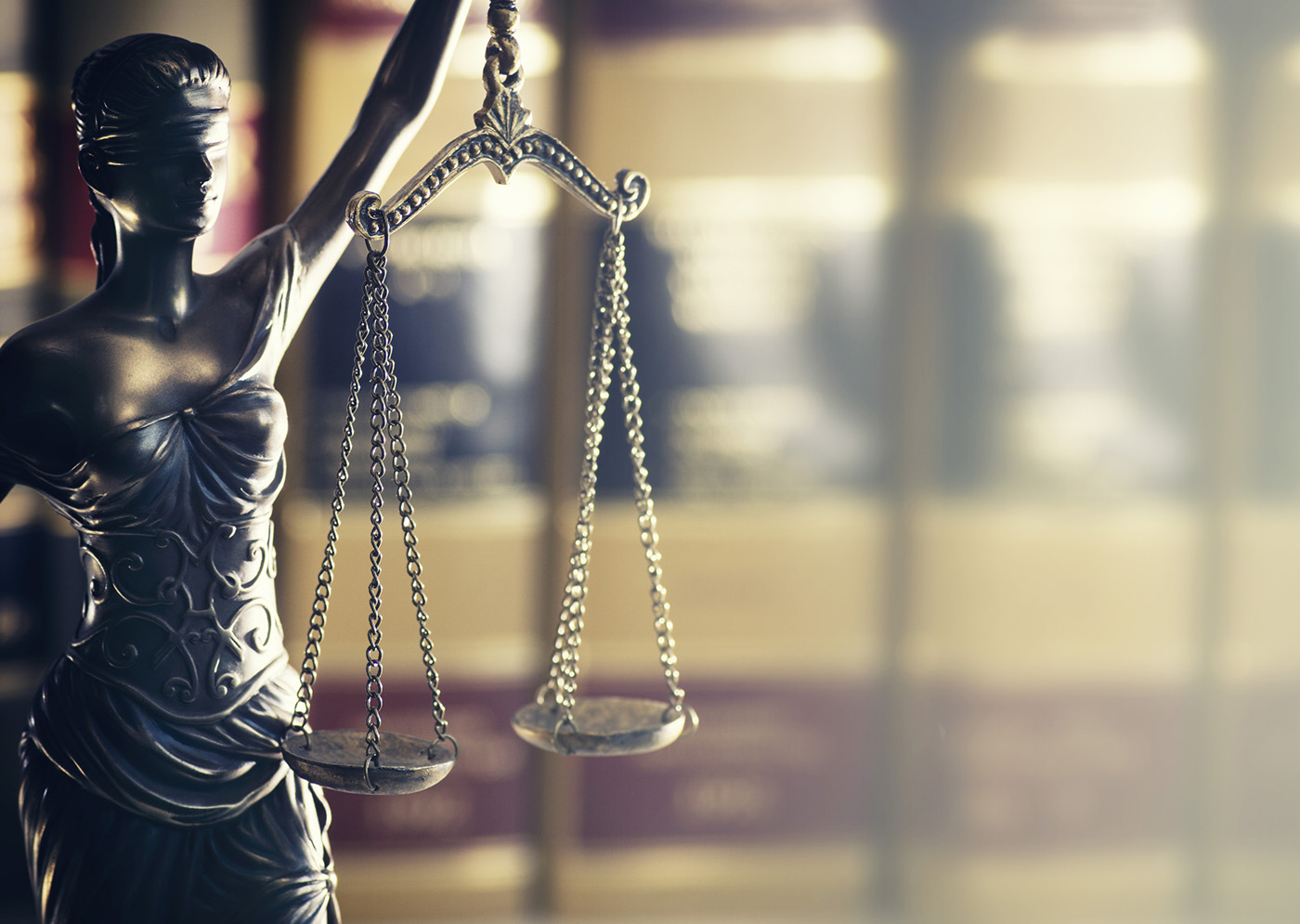Criminal Justice (Bachelor’s) Course Description
CRJS 133 INTRODUCTION TO CRIMINAL JUSTICE
This is a survey of the American justice system with particular emphasis on the interrelationship of the courts, correctional institutions, juvenile delinquency operations, law enforcement, probation/parole, and academic components and their importance in our society. This course is the prerequisite for all other Criminal Justice courses.
CRJS 213 POLICING INSTITUTIONS
The philosophy, structures, roles, and functions of police in American society are examined. The historical development of the police, role of the police in the criminal justice systems, functions and effectiveness of the police, the relationship of the police to the communities they serve, and other contemporary aspects of police activities are evaluated.
CRJS 223 CORRECTIONAL INSTITUTIONS
This study of prisons and other correctional institutions examines the history, development, philosophy, practices, and the organization of penal systems, and reviews the impact of confining adult offenders in prisons, jails, and detention centers. Prerequisite: CRJS 133.
CRJS 313 CRIMINOLOGY
An analysis of the major sociological theories of criminal behaviors and social control, which are applied in explanation of crime and the legal sanctions which result from society’s response to crime. Prerequisite: CRJS 133.
CRJS 453 RACE, ETHNICITY AND CRIME
This course examines the interrelationship of race/ethnicity and criminal victimization/offending, as well as the relationship between the police and minority communities.
CRJS 343 CRIMINAL COURTS, PROBATION AND PAROLE
An examination of jurisdiction, policies, and procedures of courts in the administration of criminal justice. An analysis of the development, administration and organization of probation, parole, pardon, and other types of community based alternatives to incarceration. Problems of supervision of clients, maintaining relations with the public and other criminal justice agencies, and evaluating the effectiveness of the program. Prerequisite: CRJS 133.
CRJS 423 CRIMINAL LAW AND PROCEDURES
An examination of the substance of criminal law and the operational procedures mandated by law in arrest, search, and seizure. The nature of evidence, proof, and admissibility are studied. Prerequisite: CRJS 133.
CRJS 433/533 EVIDENCE
This course is to familiarize students with concepts of evidence and criminal procedure that require more extensive analysis than is addressed in CRJS 423 Criminal Law and Procedure. It examines such concepts as: Privileged Communications; The Exclusionary Rule; The Hearsay Rule and its exceptions; and Burden of Proof and Presumptions. Prerequisite: CRJS 133; completion of CRJS 423 is strongly recommended. Students taking this course for graduate credit must complete all graduate course requirements.
CRJS 443 READINGS IN CRIMINAL JUSTICE
A supervised reading and/or independent research project on various aspects of criminal justice. May be taken once for credit. Prerequisite: CRJS 133
CRJS 463/563 ORGANIZATION AND ADMINISTRATION
A study of the basic principles of organization, supervision, and techniques of administration within law enforcement and related areas. Students taking this course for graduate credit must complete all graduate course requirements.
Three Hours, Spring
CRJS 473 INTERNSHIP IN CRIMINAL JUSTICE
This capstone course includes an online component and a supervised work experience designed to equip Criminal Justice majors with hands-on experience working in a variety of criminal justice settings and the opportunity to apply their knowledge in a real-world work environment. Under faculty supervision and approval, students will select an internship site that is appropriate for their goals and interests. The online component will include topical discussions relevant to careers in the field of criminal justice as well as graduate school interests. One hundred fifty clock hours are required for the 3-hour internship. A portfolio and a final paper are required as a final project. Prerequisite(s): Minimum junior standing or consent of instructor. The CRJS Internship may be taken twice in two different field settings.
CRPH 423/523 CRIMINAL JUSTICE ETHICS AND LEADERSHIP
This course is an intense examination of the ethical considerations facing criminal justice practitioners. Ethical behavior and its counters, egoism, narcissism, the abuse of authority, are explored in criminal courts, corrections, law enforcement, probation and parole settings and scenarios. The successful completion of this course is evidence of the student’s skill-set to lead with integrity and demonstrate the critical ability to confront issues with an informed, ethical response. Students taking this course for graduate credit must complete all graduate course requirements.
Three Hours, Spring
CRPO 453 CONSTITUTIONAL LAW I
A study of leading constitutional principles of the United States, providing an overview of the constitution with emphasis on the amendments dealing with the rights of the accused and provisions for due process. Prerequisite: CRJS 133.


